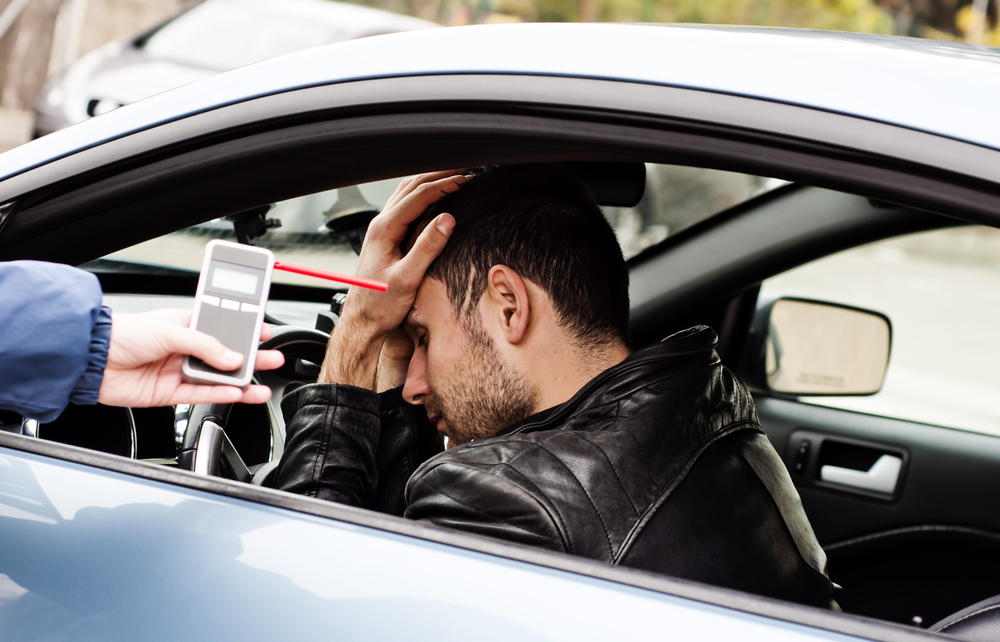Can You Challenge a Driving While Intoxicated Blood Test?
A Driving While Intoxicated (DWI) charge brings with it quite severe consequences. This includes but is not limited to – hefty fines, license suspension, a criminal record, and jail time. All of this is based on one potentially bad decision. However, it’s possible that any credibility that a drunk driving charge is based on is itself faulty.
The experts at Tad Nelson Law have always focused on the accuracy and credibility of the blood test. This is one of the most critical pieces of evidence in a Driving While Intoxicated case. It’s conducted to measure your Blood Alcohol Concentration (BAC). If BAC exceeds certain levels, you are officially drunk driving. However, errors in the testing process can lead to inaccurate results. Here’s how…
Blood Sample Contamination
This can occur if the blood is not properly stored, handled, or labeled, leading to a compromised sample. Contamination can result from improper storage temperatures or exposure to bacteria, which can cause the blood to ferment and produce alcohol, leading to false BAC readings. Lawyers can challenge blood test results by questioning the chain of custody of the sample.
Drawing Blood from an Artery Instead of a Vein
Blood for DWI testing should be drawn from a vein, as venous blood provides a more accurate measure of BAC. If blood is drawn from an artery instead of a vein, the test could show falsely elevated alcohol levels. This happens because arterial blood is oxygen-rich and moves more quickly through the body, potentially reflecting a higher concentration of alcohol than venous blood. Experienced attorneys will review the procedures followed during the blood draw and may bring in medical experts to testify about the differences between venous and arterial blood.
Drawing an Inadequate Amount of Blood
Another potential error occurs when an inadequate amount of blood is drawn for testing. Blood tests require a certain volume to ensure accurate measurement and perform necessary retests if needed. Drawing too little blood can affect the ability to properly analyze the sample, and it may not be possible to verify the results by conducting additional tests. A skilled lawyer can argue that the limited quantity of blood available was insufficient for a reliable test.
Using Alcohol Swabs to Clean the Skin Before Drawing Blood
Before drawing blood, medical professionals typically clean the skin with an antiseptic to prevent infection. However, if an alcohol-based swab is used to clean the skin, it can introduce alcohol into the bloodstream, which could skew the BAC results. Even a small amount of alcohol from a swab can elevate the readings, resulting in a false positive test. If it is found that an alcohol-based swab was used, this could be a key factor in challenging the validity of the blood test results.
Drawing Blood Without the Proper Qualifications
In Texas, only qualified medical professionals, such as nurses, doctors, or certified phlebotomists, are authorized to draw blood for a DWI test. If the person who performed the blood draw was not properly trained or certified, the test results could be challenged on the grounds that the procedure was not conducted in accordance with legal standards.
Such potential for errors makes the support of a skilled attorney extremely important. Afterall, you cannot have your entire future potential jeopardized just because of a procedurally weak blood test! If you’ve been charged with Driving While Intoxicated and suspect genuine errors in the Blood Test procedure, it’s best to share your suspicion with an expert lawyer. This way, sufficient investigation can identify enough evidence to protect your future.

